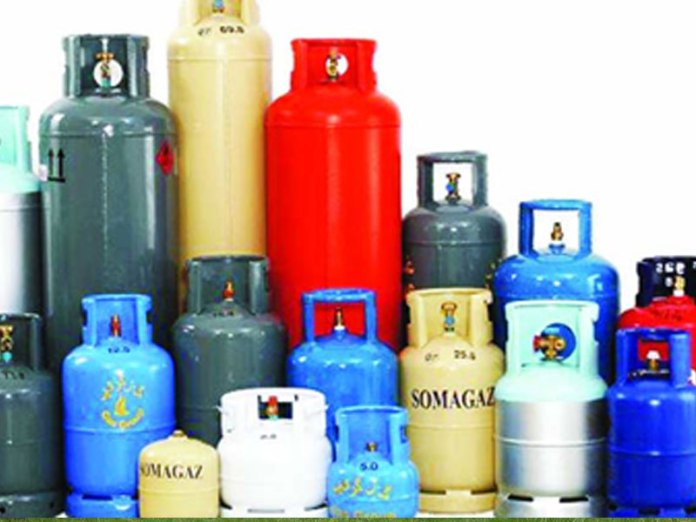
The scarcity of Liquefied Petroleum Gas (LPG), better known as cooking gas, being experienced in the country would soon ease as the Nigeria LNG Limited’s vessel has successfully discharged 13,000 tonnes of LPG to Lagos jetty.
NLNG’s General Manager in charge of External Relations, Dr. Kudo Eresia-Eke, who confirmed this in a statement monday, added that the “vessel is scheduled to return to NLNG’s facility in Bonny to re-load.
“NLNG continues its efforts to ensure adequate supply and price stability to the market,” he added.
The company had earlier attributed the current hike in the price of the product to what it described as the recent delays in the discharge of LPG vessel at the receiving facilities in Apapa, Lagos.
The company said the multi-use terminal at Apapa, which accord berthing priority to vessels discharging other petroleum products have led to a temporary supply disruption over the last two to three weeks.
Eresia-Eke had said in a statement that the company’s dedicated LPG vessel had been unable to discharge LPG at the Apapa port since December 29, 2016 as a result of jetty unavailability, thus leading to temporary product shortages in the market.
Also in line with the position of LPG marketers that the international pricing of the product also contributes to the price hike, Eresia-Eke also admitted that Nigeria LNG’s domestic LPG price is based on an international price index plus 50 per cent of the shipping cost of delivering the product to receiving facilities in Lagos.
According him, that price is invoiced in Naira at the prevailing official interbank exchange rates.
“The reality of this is that although LPG is produced and consumed locally, the product like crude oil, is an internationally traded commodity with an international price benchmark, open to global demand and supply pressures,” he added.
He, however, pointed out that NLNG mitigates the impact of price variations by continuing to subsidise the cost of transporting about 40 per cent of total domestic market share, which it supplies from its production facility on Bonny Island.
He promised that NLNG would continue to work with stakeholders, including offtakers and terminal operators, to eliminate bottlenecks and improve operational efficiencies to ensure product availability and help correct market price distortions.
“We are also engaged with other public and private stakeholders along the domestic market value chain to stimulate price stability and growth. In conclusion, NLNG remains fully committed to the goals of ensuring LPG supply availability, reliability and affordability which are key for the development and growth of the domestic LPG market. It is in this regard that the NLNG Board recently approved an increase in the LPG dedicated for supply into the domestic market from 250,000 metric tons to 350,000 metric tons annually,” he added.
LPG marketers had blamed the current price hike on the practice whereby the product is supplied to the Nigerian market at international price and insisted that since the product is produced locally, it should be priced according to the dictates of the domestic market.
The price of 20 metric tonne – one truck of LPG recently increased from around N3.5 million to above N5 million and this increased the retail price of the product as 12.5 kilogramme cyclinder, which used to be sold for N2, 700 – N3,500 suddenly went up to above N5,000 in some retail outlets.
END

Be the first to comment